From November 21 to 30, 2023, the ICOM International Training Centre for Museum Studies (ICOM-ITC) successfully hosted its November 2023 Training Workshop at the Palace Museum. As the 14th regular training session organized by ICOM-ITC, the workshop spanned 10 days and focused on the theme “Exhibitions that Matter: Visitors at the Centre of the Experience”. Among the session’s 26 participants were 15 Chinese participants from 15 institutions across eight provinces, municipalities, and the Hong Kong Special Administrative Region and 11 international participants from 11 countries across Asia, Africa, Europe, North America, and South America. Notably, Barbados sent a representative to join the workshop for the first time. Leaders attended the event included Wang Xudong, director of the Palace Museum, Luo Wenli,deputy director of the National Cultural Heritage Administration, Liu Shuguang, Chair of ICOM-China, Liu Yang, director of the museum and antique department of the National Cultural Heritage Administration, Li Jinguang, secretary-general of the ICOM-China, and Zhu Hongwen, deputy director of the Palace Museum .
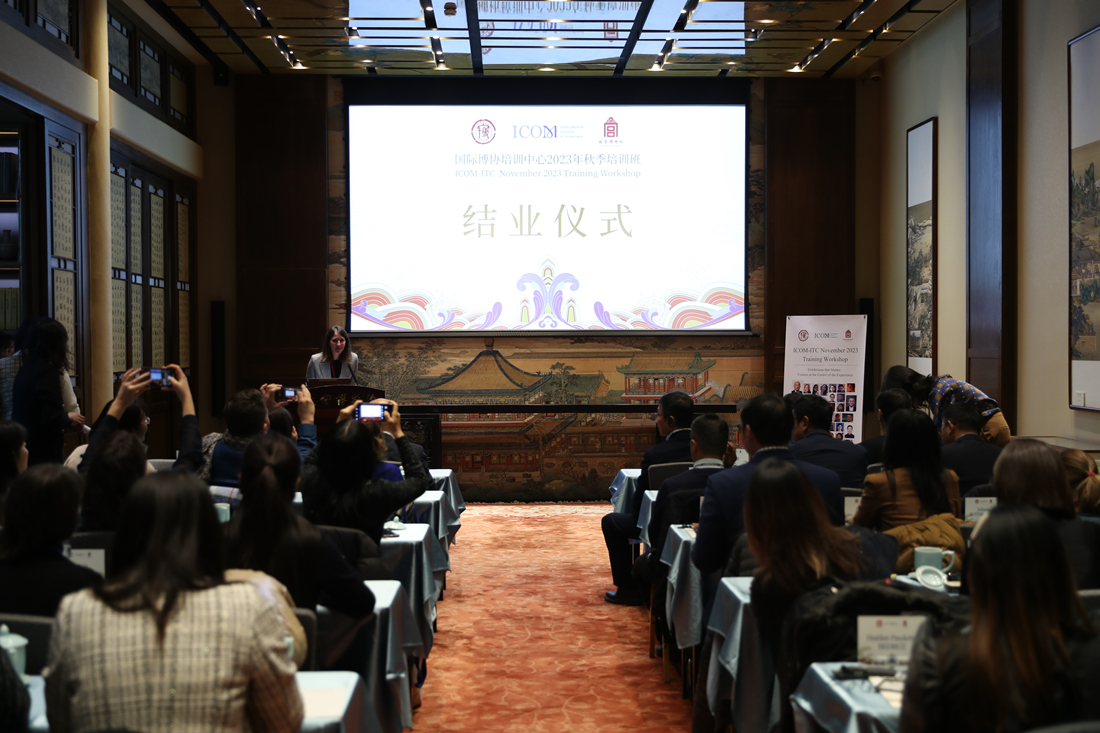
The closing ceremony of the ICOM-ITC November 2023 Training Workshop
During the opening ceremony, Liu Shuguang and Zhu Hongwen delivered speeches. Zhu emphasized the essential role that museums play in preserving historical heritage and celebrating cultural artifacts. She stressed the necessity of conveying these aspects to the public through exhibitions, hoping the workshop would further promote collaboration between Chinese and international museum professionals. Liu highlighted the crucial role of exhibitions as a means for museums to respond to contemporary demands and fulfill social responsibilities. He expects the workshop to contribute to the systematic, standardized development of museum exhibitions.
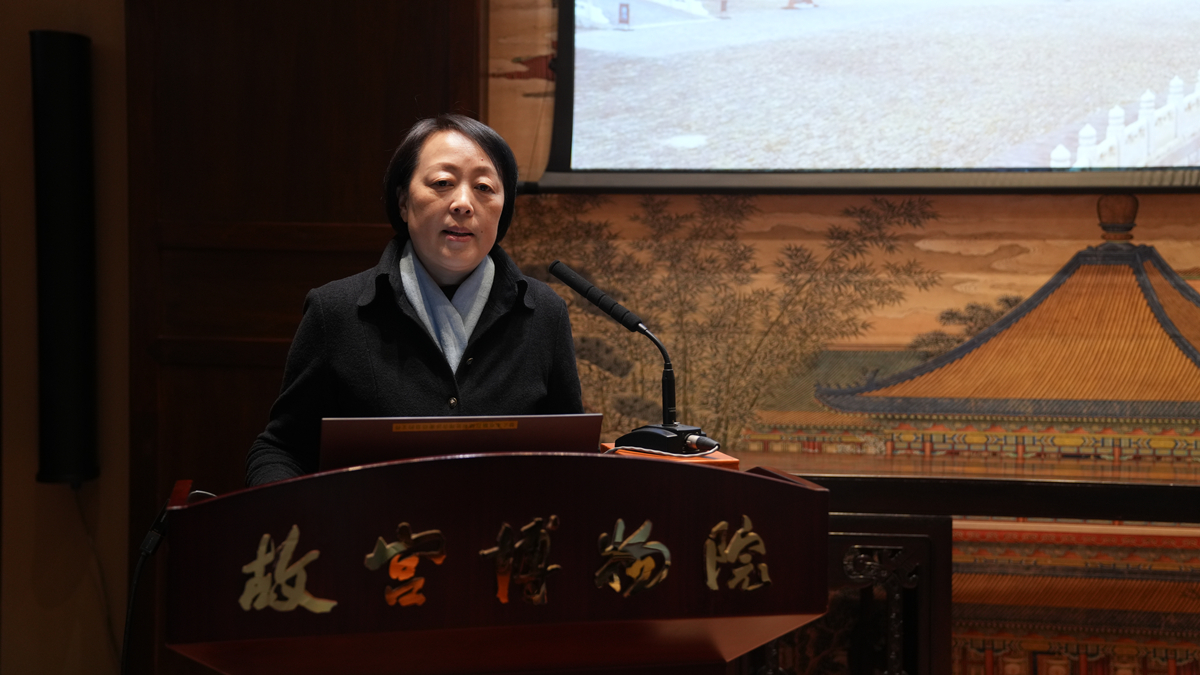
Zhu Hongwen, deputy director of the Palace Museum, delivers a speech.
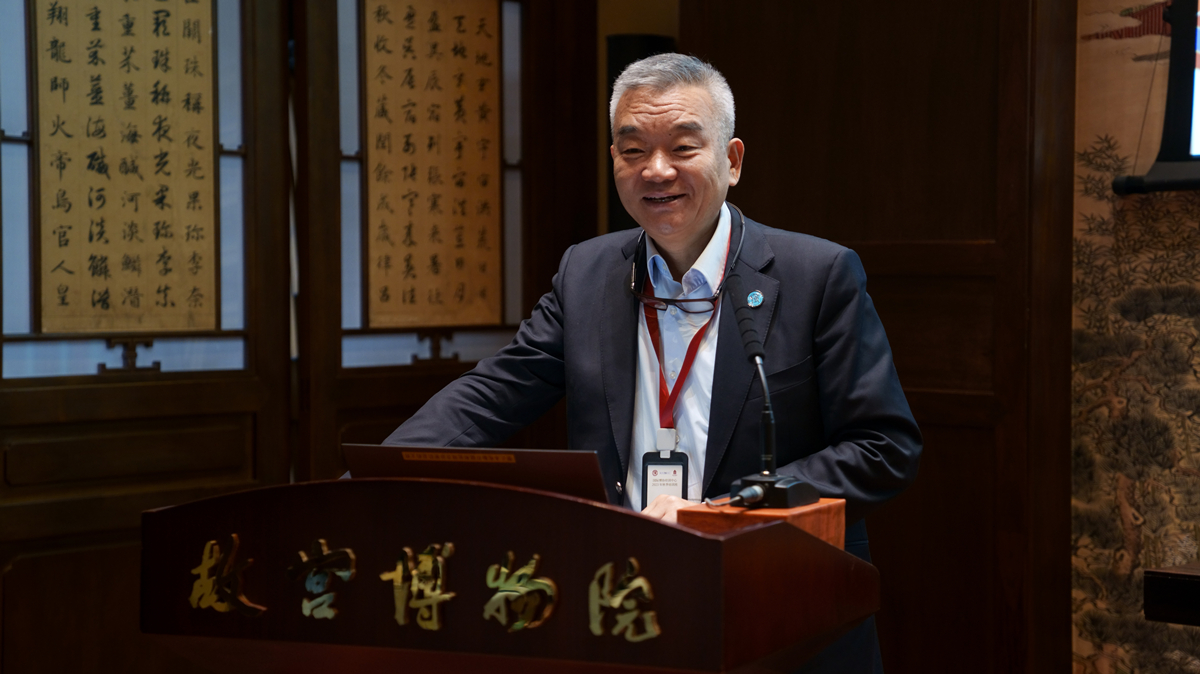
Liu Shuguang, Chair of ICOM-China, delivers a speech.
Throughout the workshop, seven experts from China and abroad gave lectures on topics covering exhibition planning, management, display, cooperation, and evaluation. Liu Shuguang provided an overview of contemporary Chinese museum exhibitions, while Liu Wentao, director of the Shanghai World Expo Museum, analyzed the essential elements involved in implementing museum exhibitions. Wang Zilin, director of the Research Development of the Palace Museum, shared insights into the curatorial experience of the exhibition “Mirroring the Heart of Heaven and Earth — Ideals and Images in the Chinese Study.”
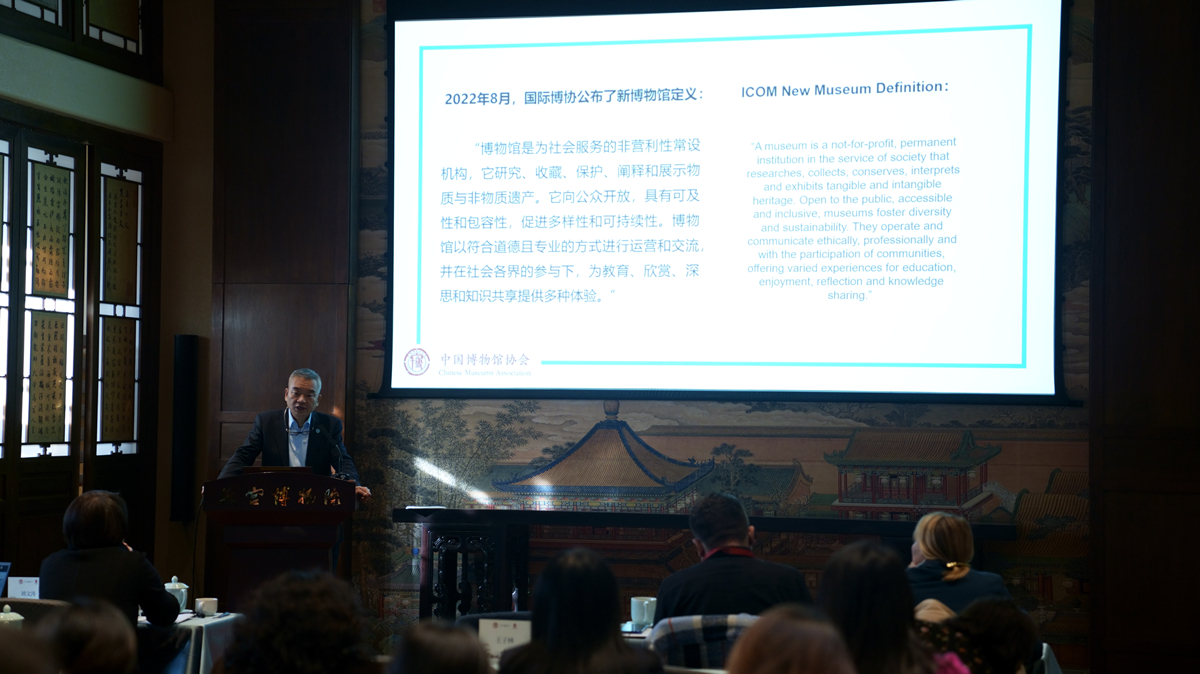
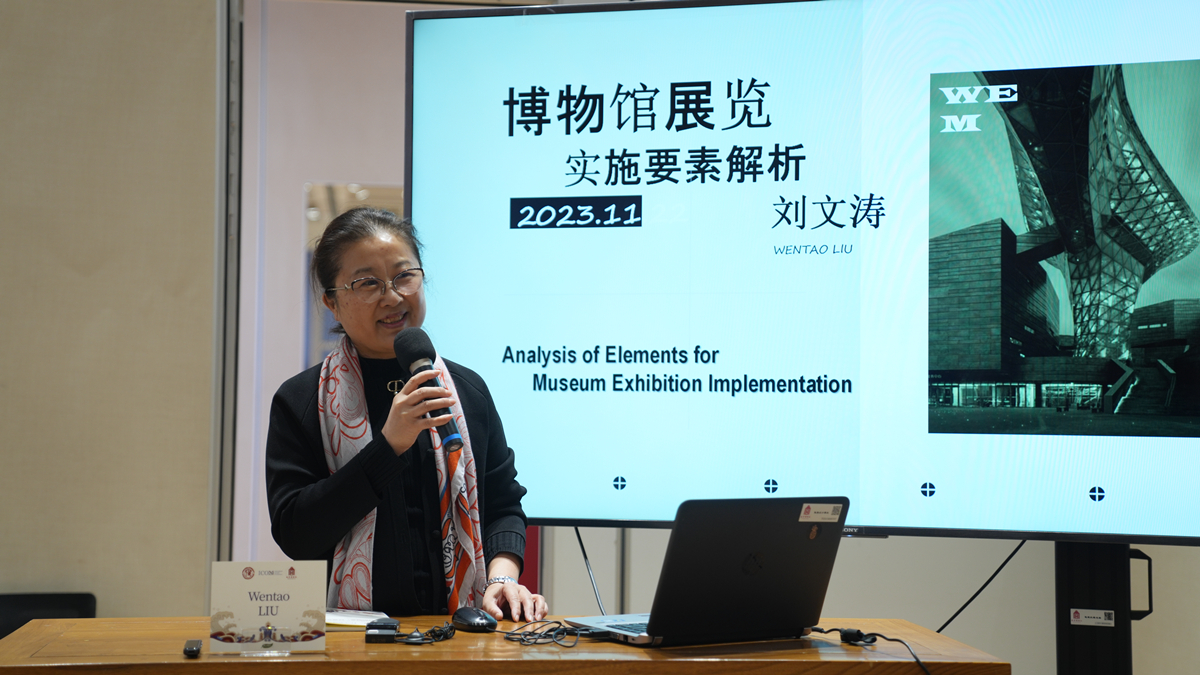
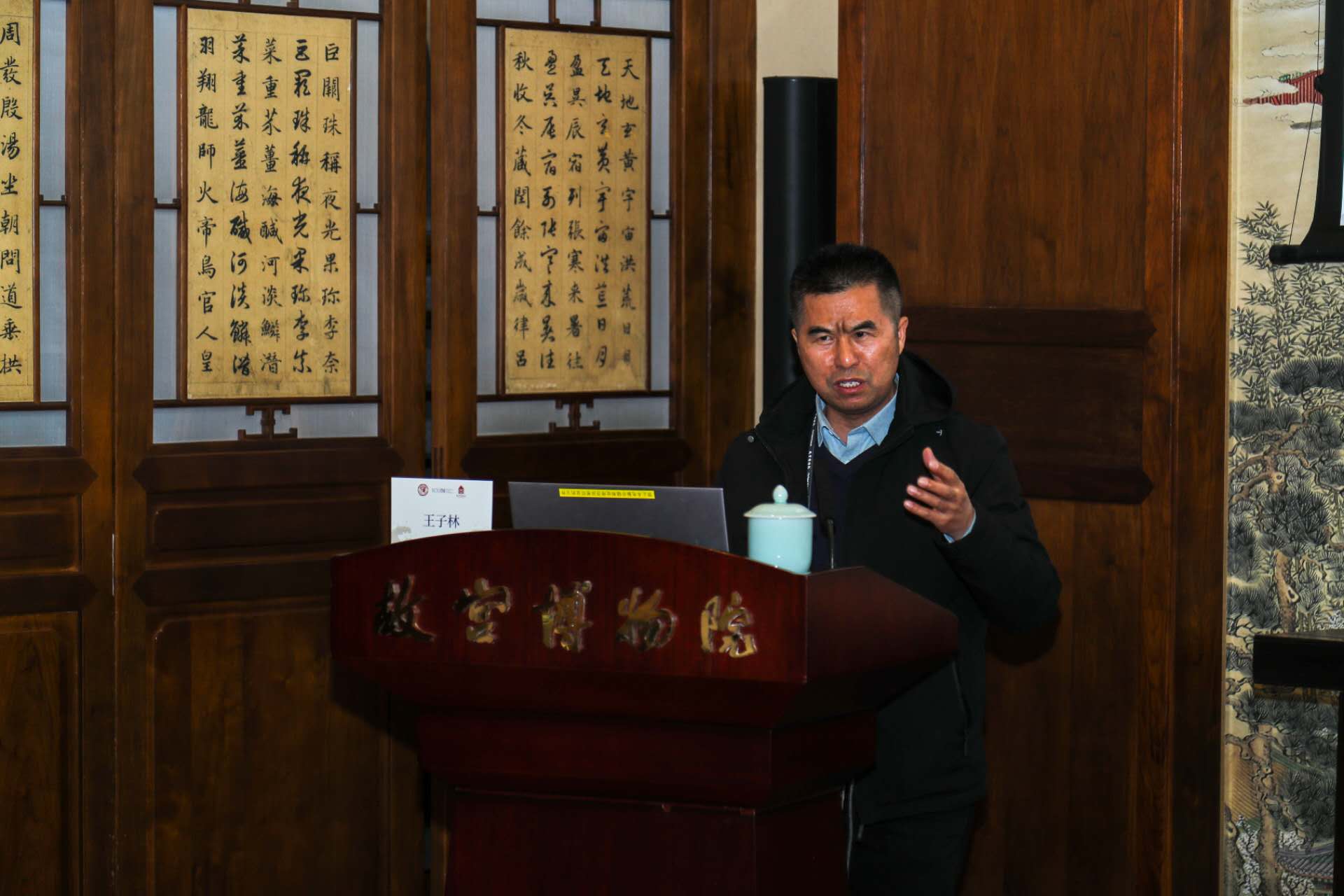
Lectures by Chinese experts
Ricardo Rubiales Garcia Jurado, director of the Light Museum at the National Autonomous University of Mexico (UNAM), offered insight into the curatorial processes, exhibition support projects, and the principles and practice of evaluation systems. Professor Tilly Blyth from the University of Leicester discussed museum collection display, exhibition planning, narrative, and strategies for building trust in museum practice. Joana Sousa Monteiro, director of the Museum of Lisbon in Portugal, elaborated on partnership in organizing museum exhibitions.
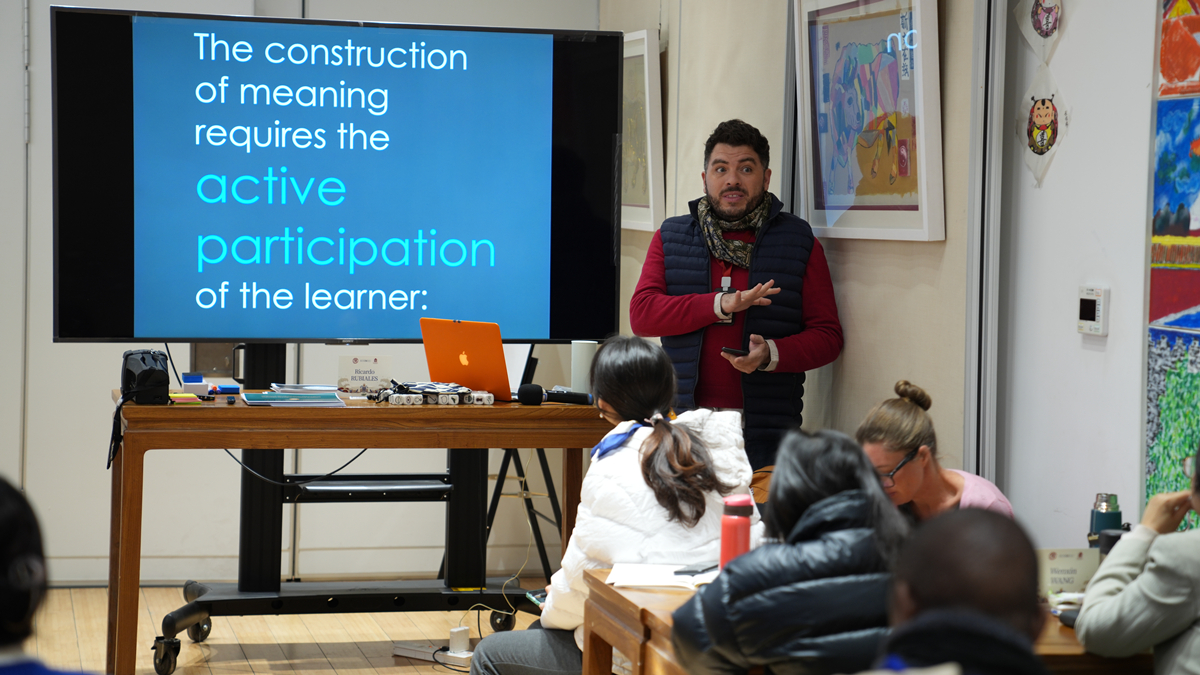
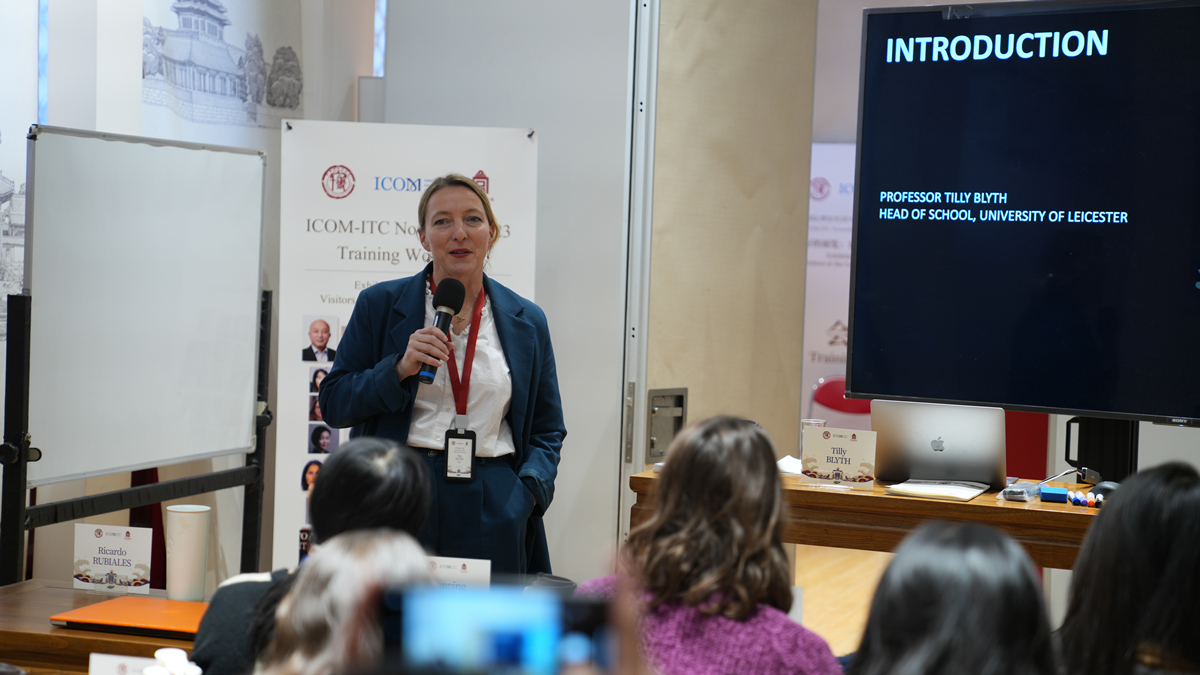
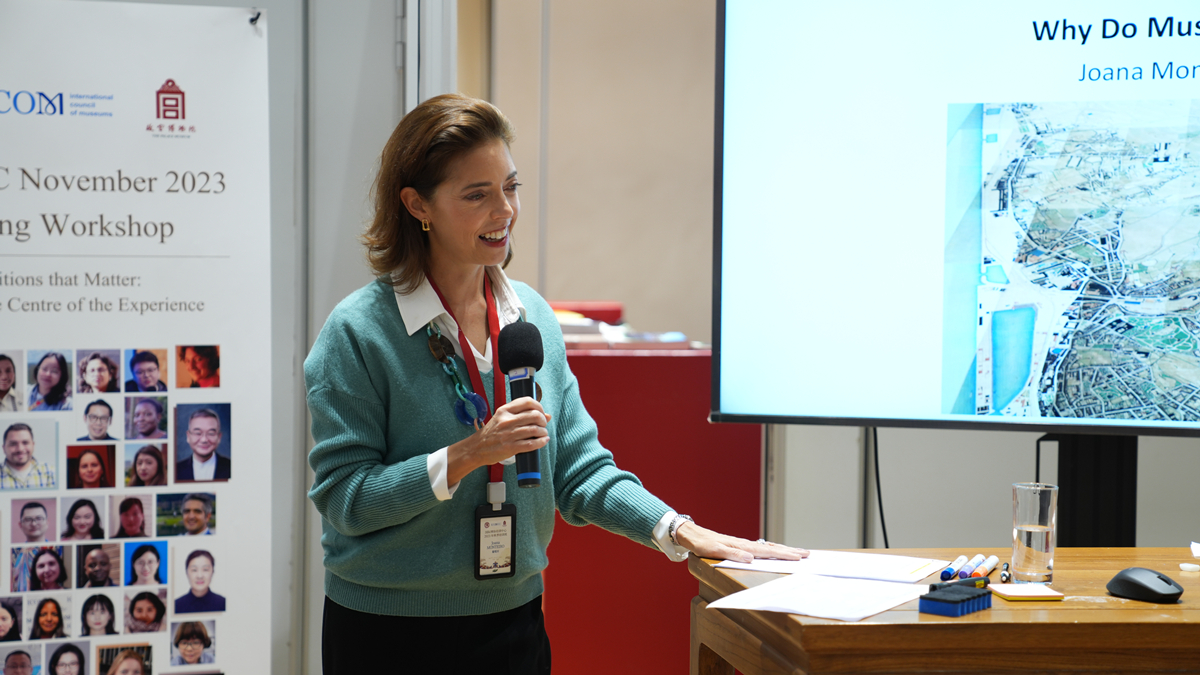
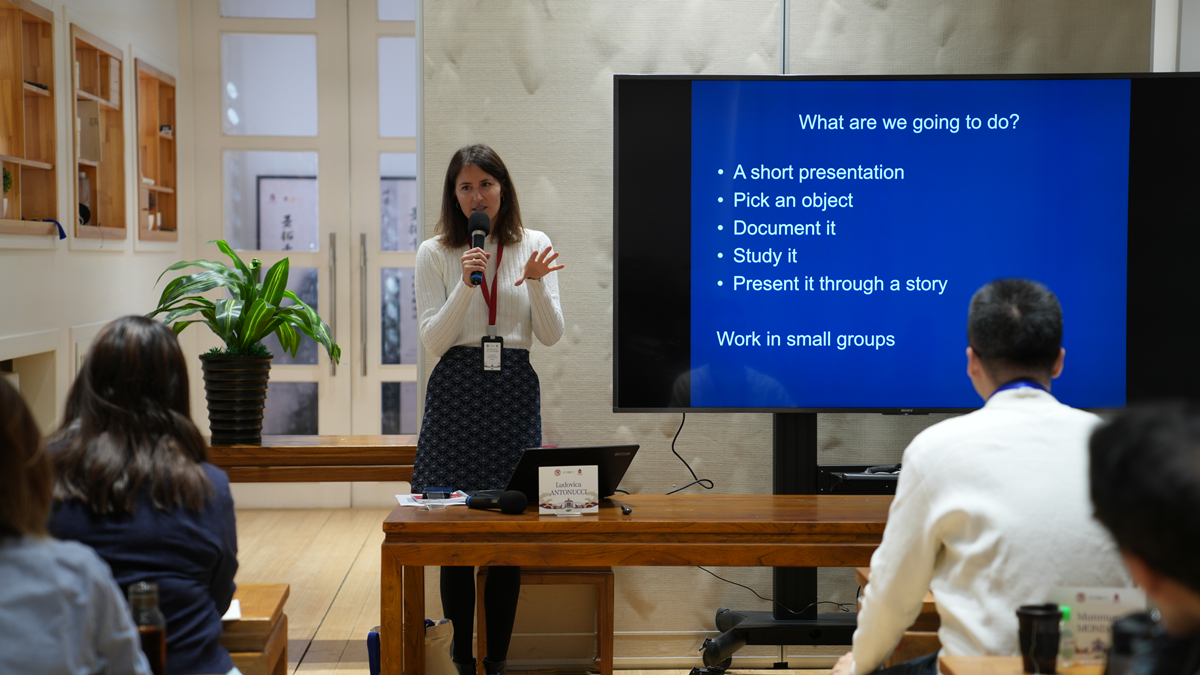
Lectures by international experts
The Reading Artifacts, one of the workshop’s flagship lessons, was run by Ludovica Antonucci, the Capacity Building Coordinator at the International Council of Museums (ICOM). The lesson featured seven artifacts from the Palace Museum, covering categories such as ceramics, paintings, embroidery, wood carvings, stationery, architectural components, and international artifacts. After observing these artifacts, participants were invited to note information such as dimension, color, and craftsmanship, and then creatively interpret the stories behind them. This workshop also included a presentation session, where each participant shared an exhibition case from their respective museums, aiming to enhance the exchange of experiences and practical insights among participants. Additionally, various interactive teaching methods such as group discussions, case studies, and simulated curation were integrated throughout the workshop, effectively engaging participants and encouraging them to discover and share, thus, creatively exploring the value of the collections, narrating their stories, and ultimately acquiring curatorial skills centered around the visitors’ experience.
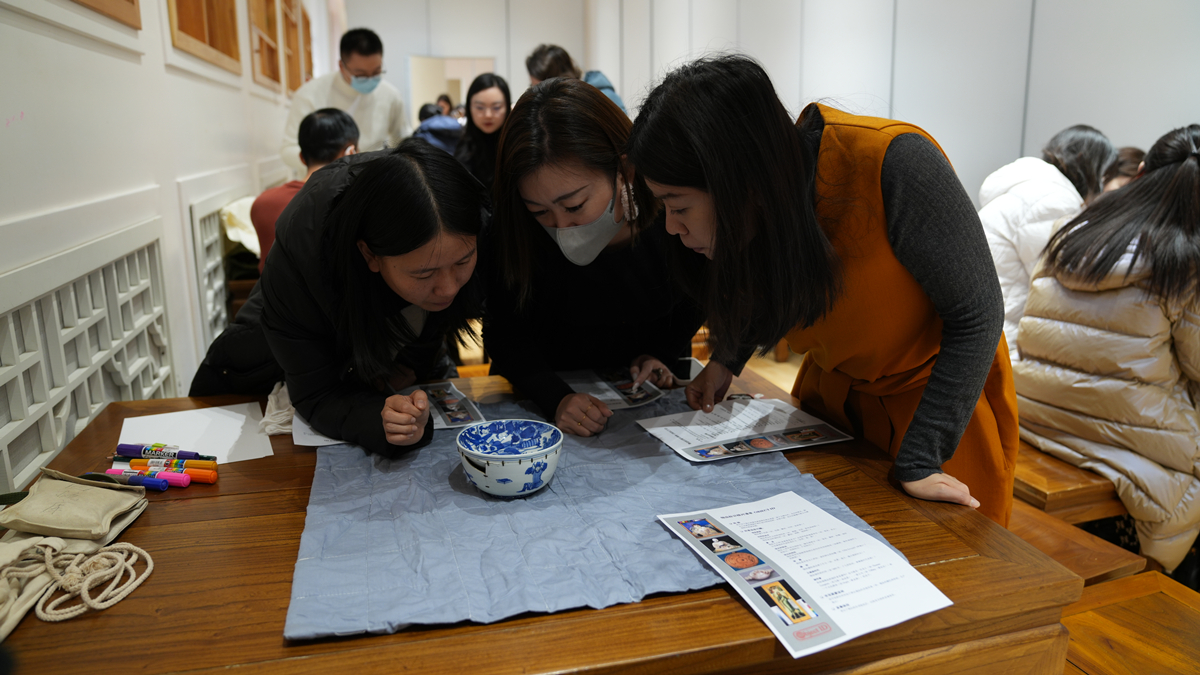
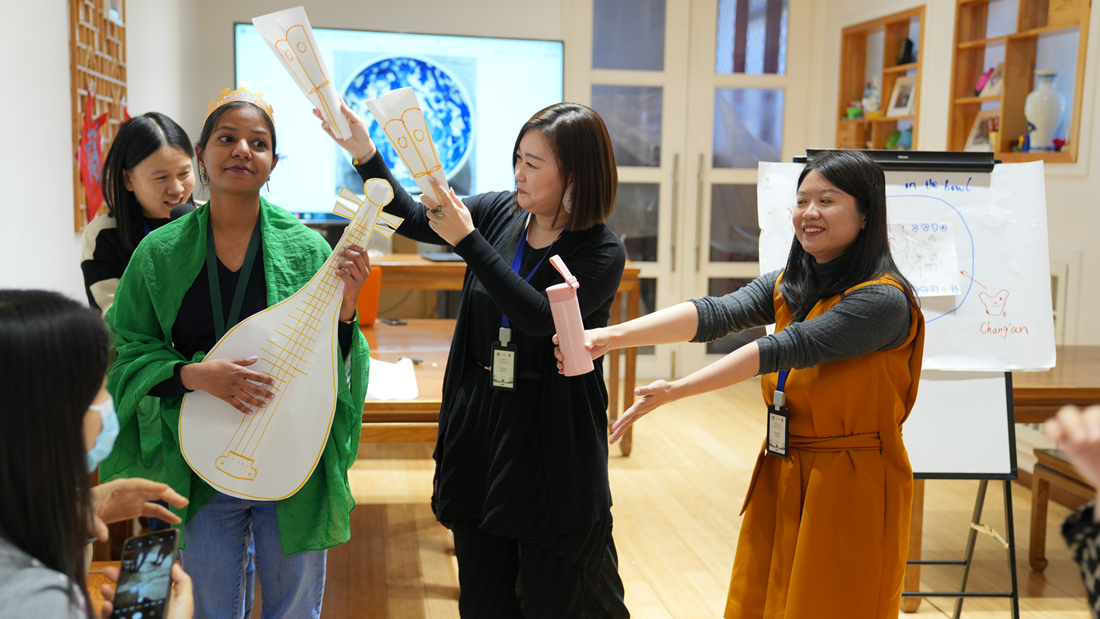
Reading Artifacts
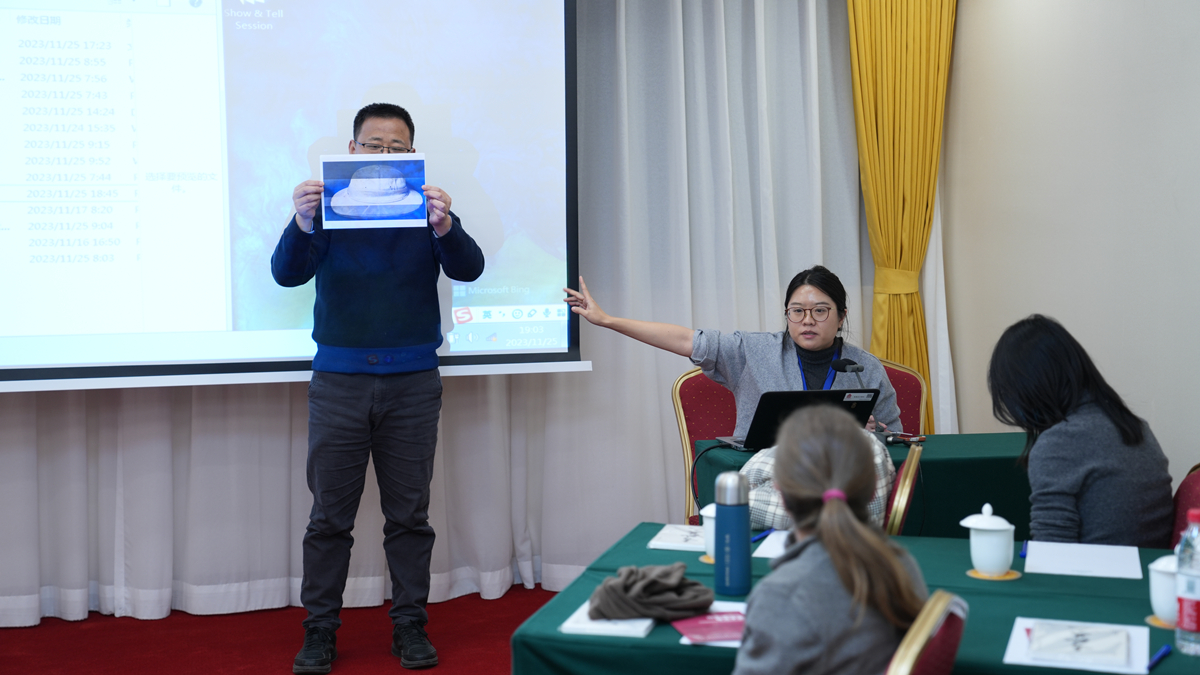
Show and Tell
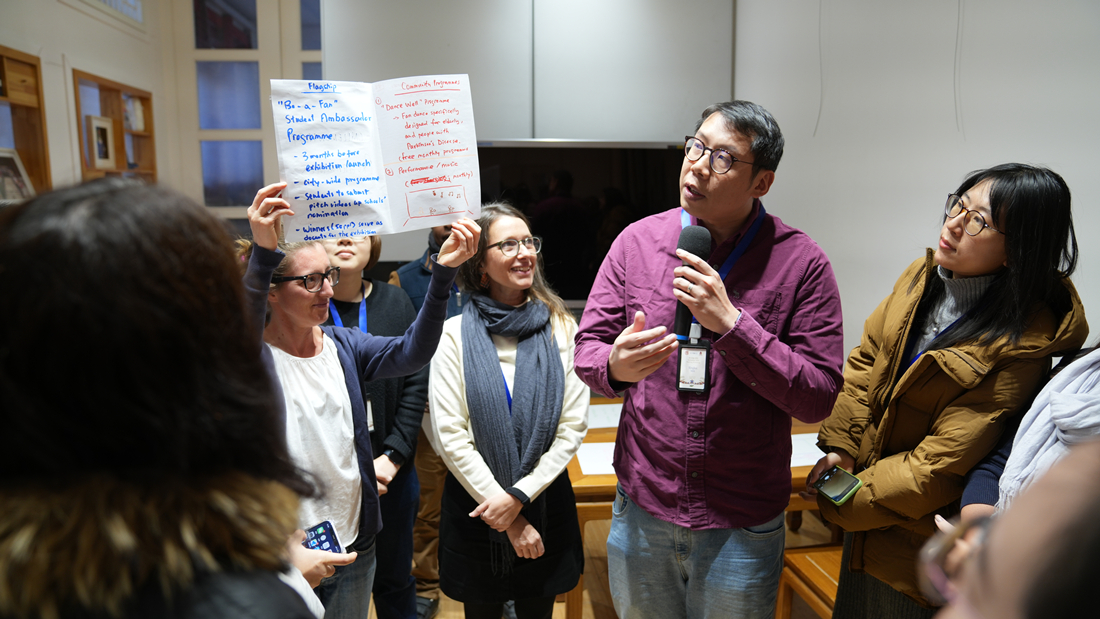
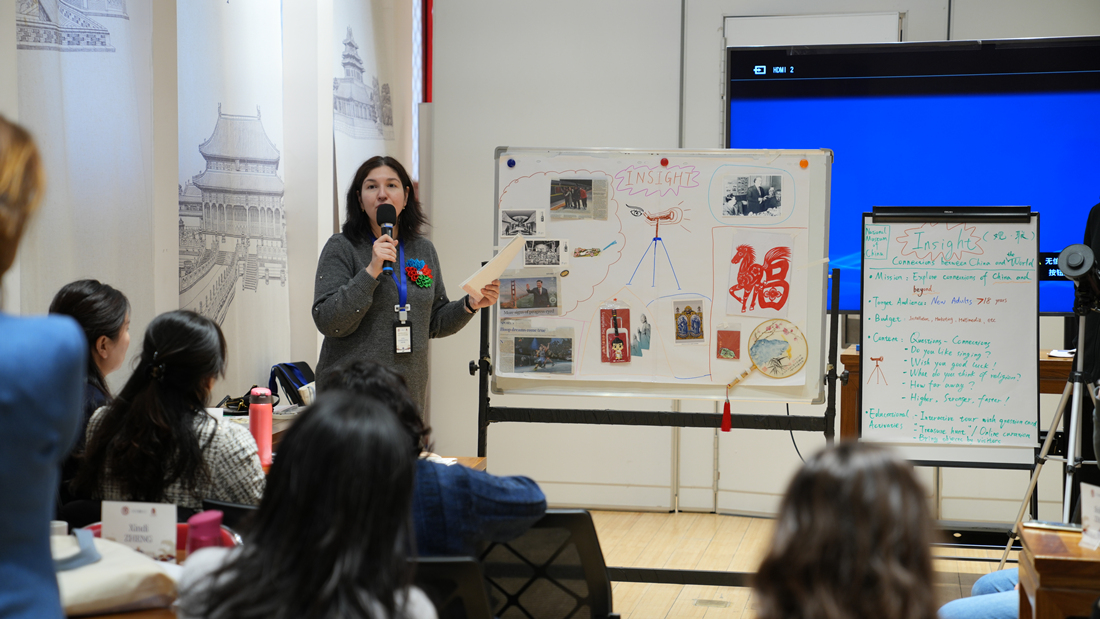
Interactive teaching method
In his speech at the closing ceremony of the workshop, Wang Xudong remarked that the event played a crucial role in promoting academic exchanges and mutual learning among civilizations. The Palace Museum adheres to the philosophy of open operation and embracing the world, he said, adding that the ICOM-ITC has become not only a professional and cutting-edge academic exchange platform within China and the Asia-Pacific region, but also a significant initiative implemented by the Palace Museum to promote communication and cooperation among museum personnel from China and abroad. Accordingly, it fosters the mutual exchange of civilizations. All participants were afforded the opportunity to provide feedback on the workshop, and completion certificates were awarded by relevant leaders.
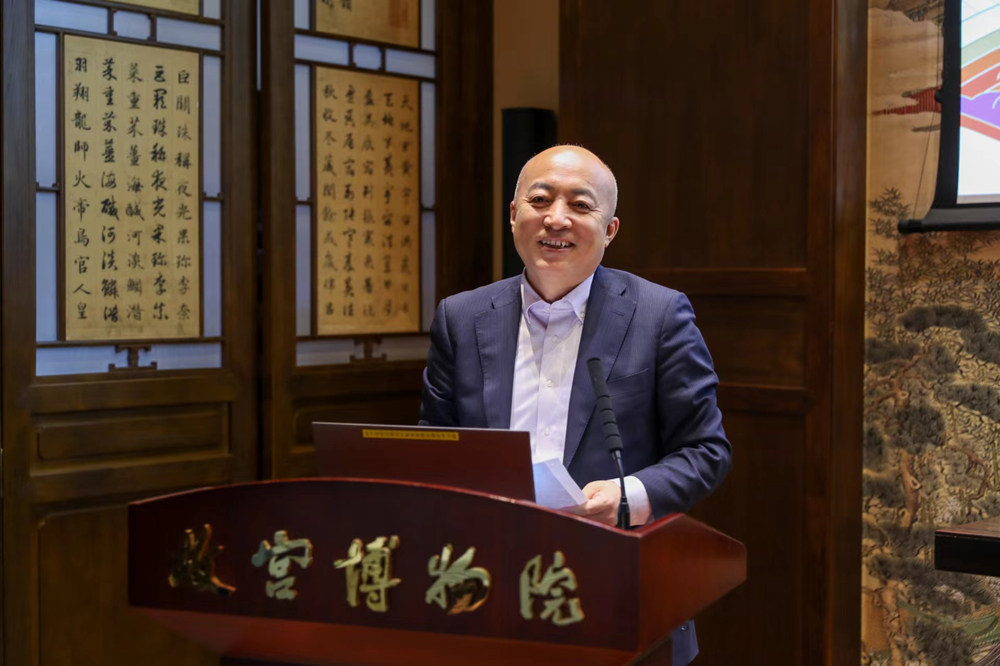
Wang Xudong, director of the Palace Museum, delivers a speech.
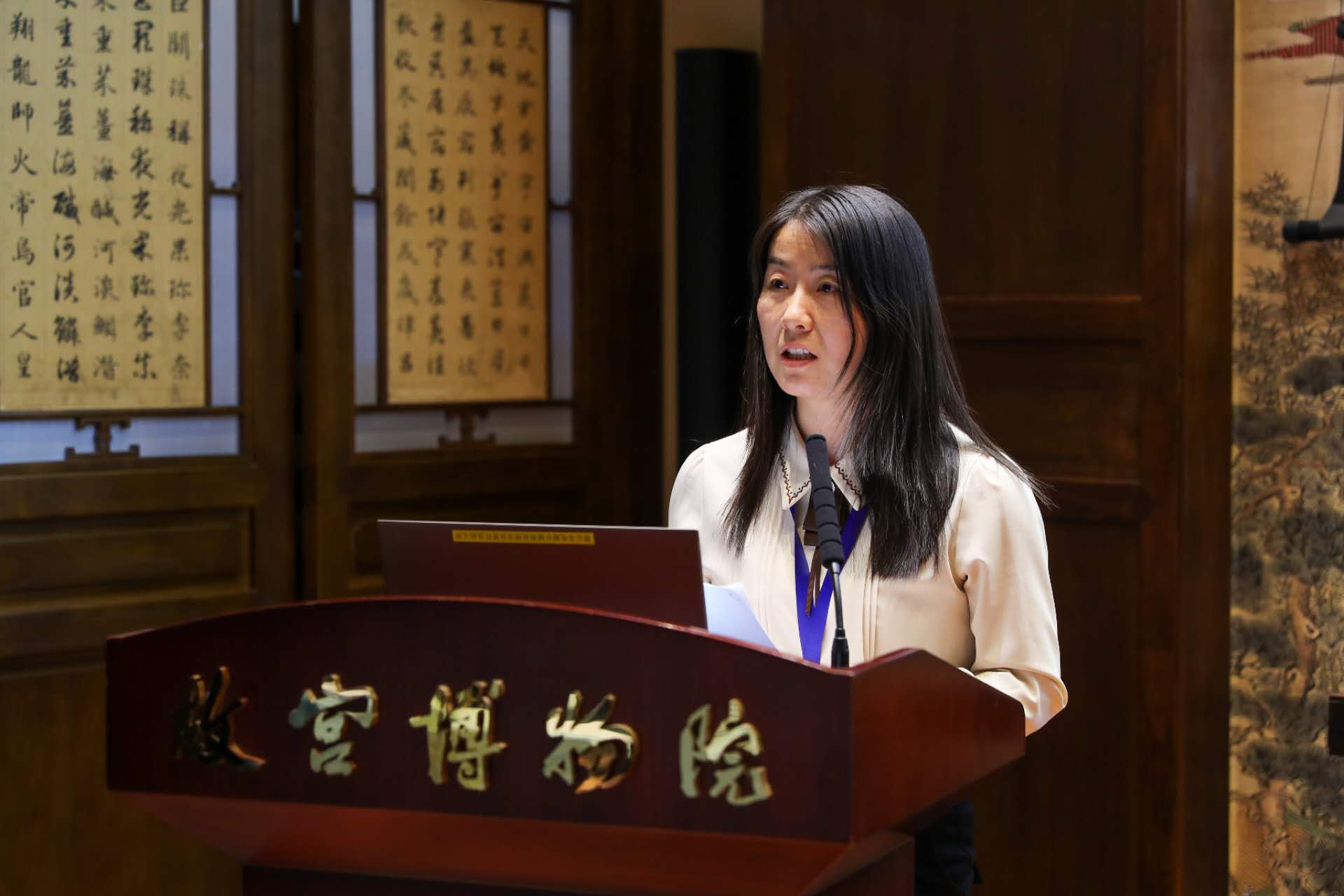
The representative of Chinese participants shares insights gained from the workshop.
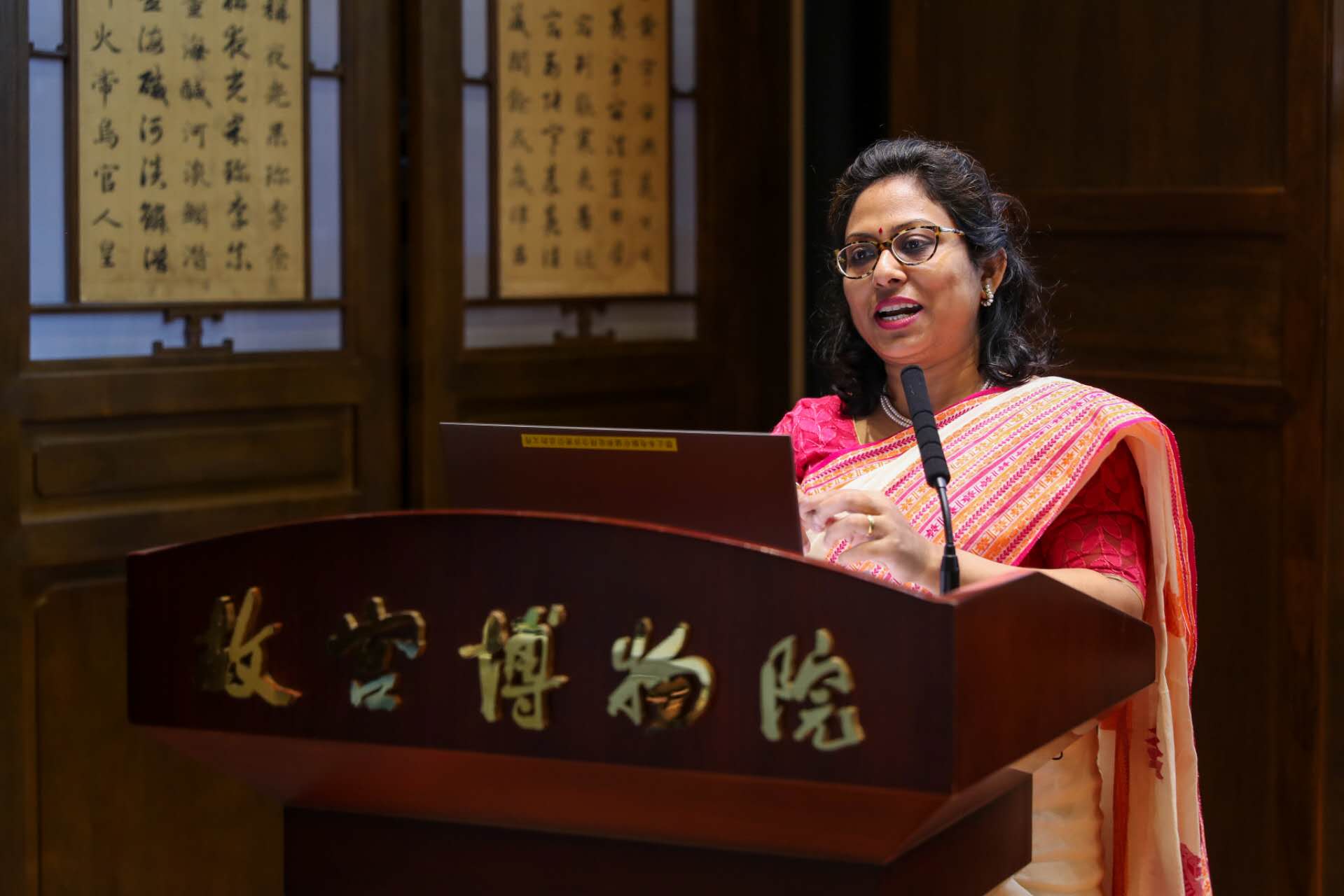
The representative of international participants shares insights gained from the workshop.
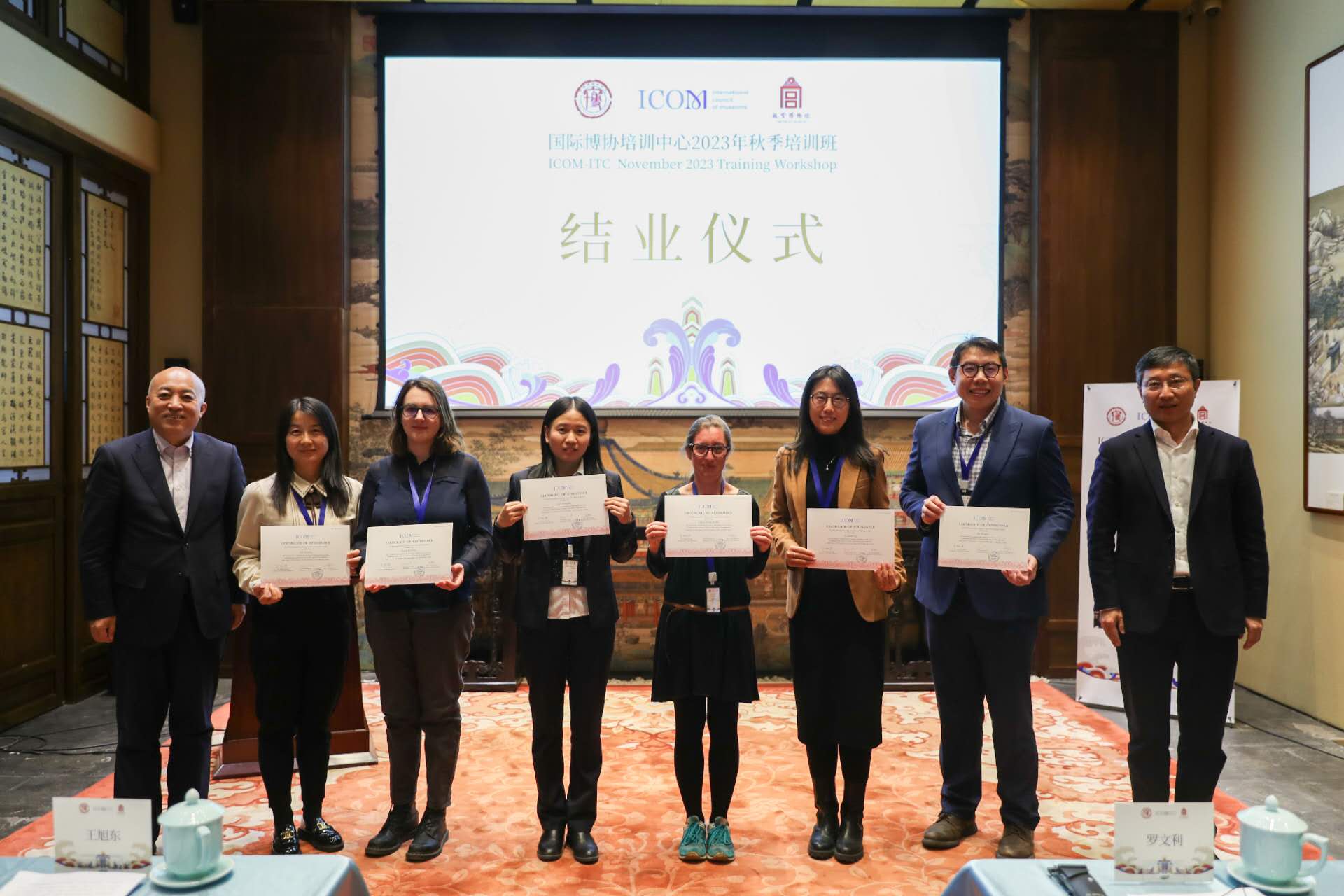
Leaders present completion certificates to the participants.
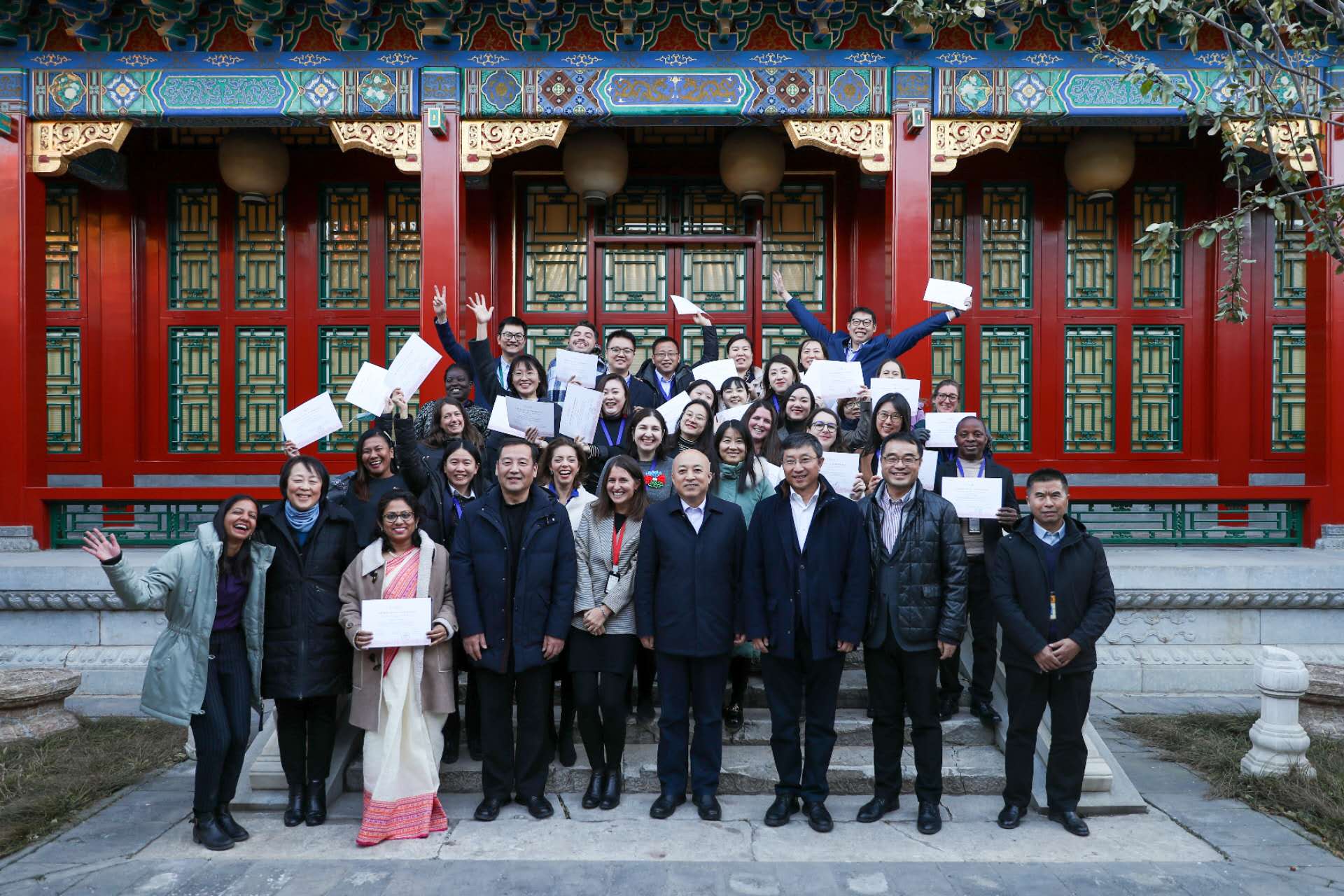
Group photo
It’s worth noting that this workshop adhered to the principles of the “Zero Waste in the Forbidden City” project. With support from the Vanke Foundation and in alignment with the UN Green Meeting Guidelines, the workshop incorporated the concept of zero waste and sustainability into various aspects such as accommodation, dining, and education. Participants were encouraged to experience and actively adopt a zero-waste approach throughout the workshop.
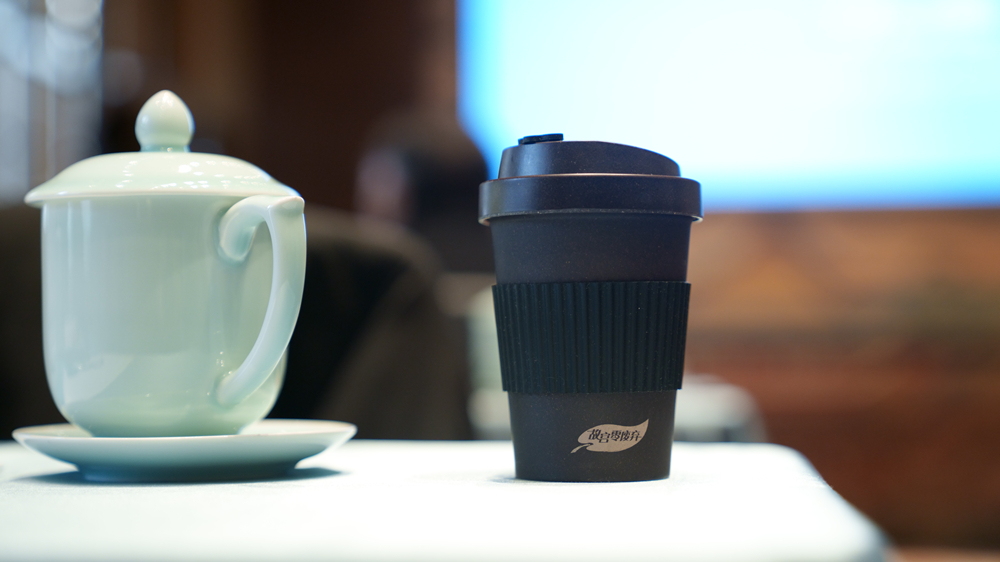
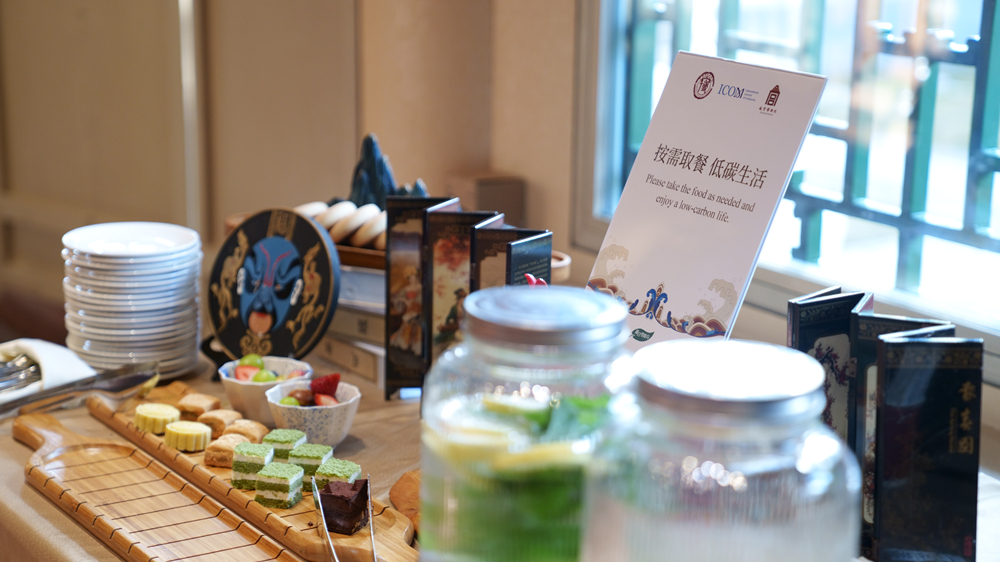
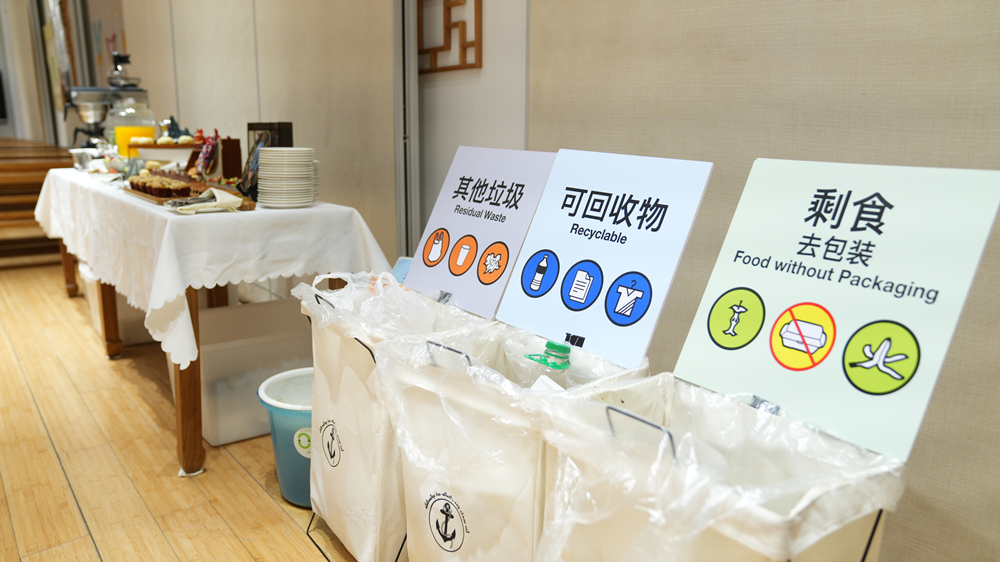
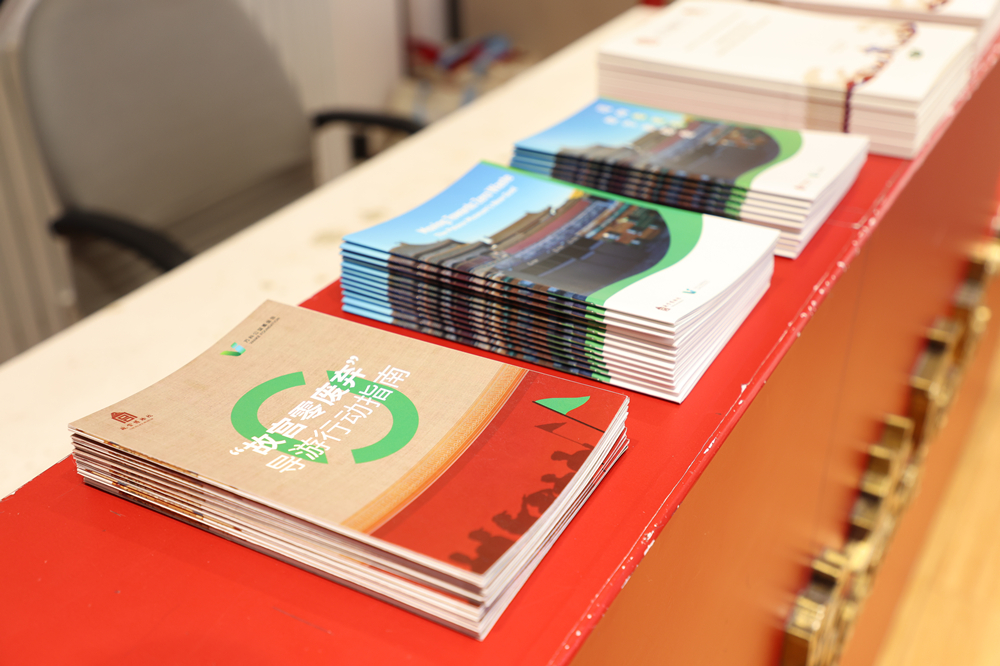
The “Zero Waste in the Forbidden City” initiative practiced during the workshop
The success of this workshop speaks volumes of the collaborative efforts of the Palace Museum, ICOM, and the ICOM-China. Looking ahead, the training center will continue to offer thematic practical training on museum-related topics such as collections, exhibitions, education, and management. With a global vision and through diverse courses and teaching methods, the center aims to create a platform for global museum professionals to communicate and collaborate with each other. This effort seeks to promote exchanges and cooperation among museums in different regions and of different types, contributing to the development of the global museum industry.



